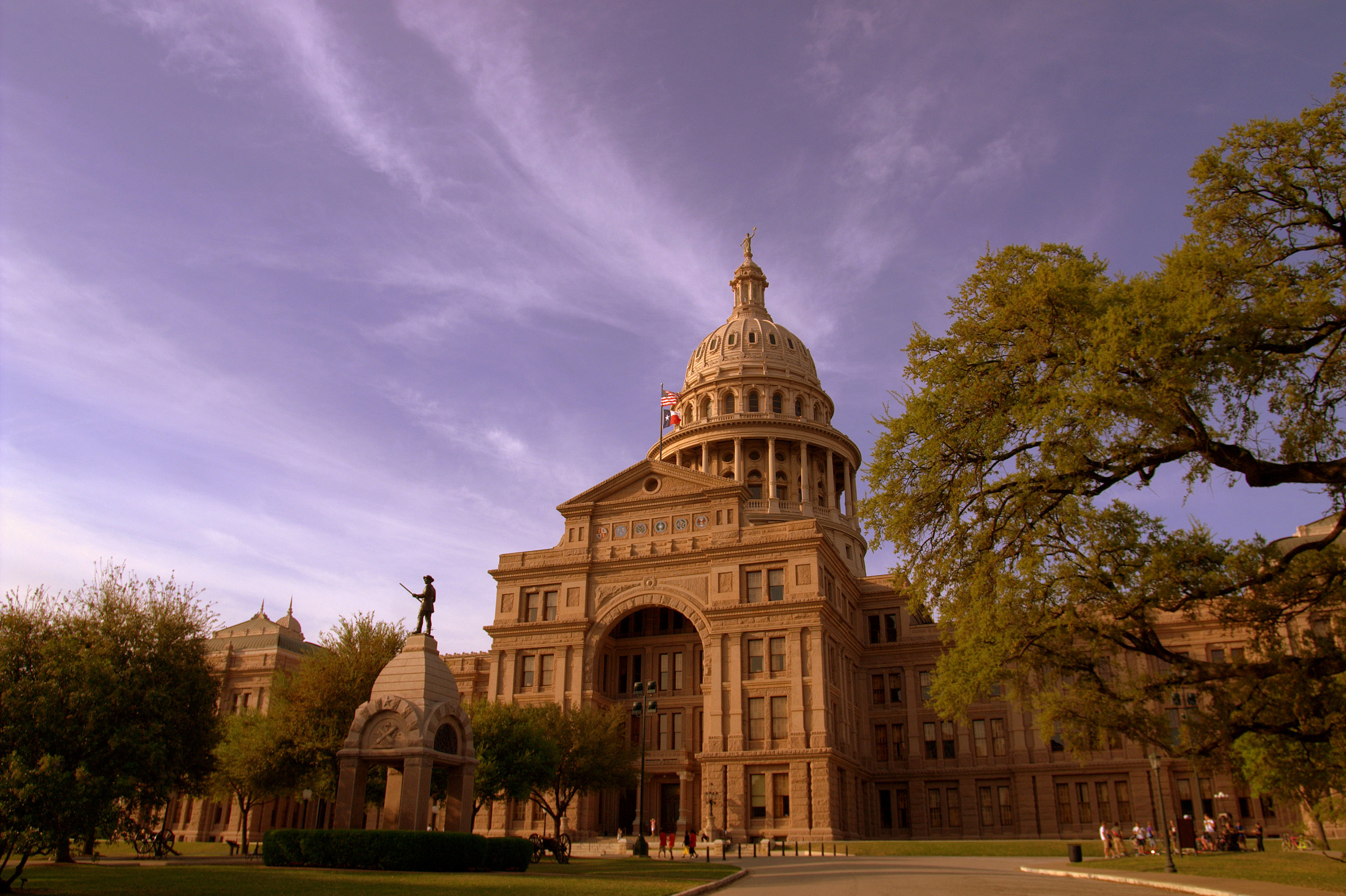Will Google Fiber Mess With TWC, AT&T in Texas?
The smarter way to stay on top of the multichannel video marketplace. Sign up below.
You are now subscribed
Your newsletter sign-up was successful

Google and the city of Austin, Texas, have told local media outlets to "expect something new" in the form of an announcement on Tuesday, fueling speculation that the tech-savvy city is in line to get Google Fiber.
If Austin is indeed next, Google Fiber would again avoid a battle with Verizon Communications’ fiber-fed FiOS platform, and instead pit itself against area incumbents Time Warner Cable and AT&T U-verse. A Charter spokesman clarified Tuesday that Charter does not operate in the Austin area.
Austin would also represent the fourth announced city for Google Fiber, which is leading off with a 1-Gigabit per second broadband service for $70 per month, or $120 per month when paired with an IPTV offering. Google Fiber is already in the process of deploying or activating its network in Kansas City, Kan.; and Kansas City, Mo. Last month, it announced it had inked a franchise deal with Olathe, Kan., a Kansas City suburb where Comcast Corp. serves as the incumbent cable operator. In the Kansas Cities, Google Fiber is set to tangle with Time Warner Cable, AT&T, SureWest Communications and Comcast.
Among that group, TWC executives have repeatedly downplayed the consumer need for 1-Gbps speeds, yet the MSO is among those to submit a formal bid to "play an integral role" in the North Carolina Next Generation Network (NCNGN) project, an initiative that's targeting 1-Gbps speeds.
Google Fiber and other 1-Gbps projects could push other cable operators to deploy next-generation DOCSIS technology. The latest DOCSIS 3.0 cable modems are capable of bonding up to 24 downstream channels, enough to approach maximum bursts of 1 Gbps. The coming DOCSIS 3.1 platform, meanwhile, is aiming for speeds of up to 10 Gbps downstream and 1 Gbps upstream.
ABC affiliate KVUE reported Friday that multiple, but unnamed, city sources confirmed that Austin will be getting Google Fiber. A Google spokeswoman declined to comment on the speculation.
By pursuing Austin, the already hype-filled Google Fiber service platform would stand to gain some extra cache by deploying its 1-Gig network in the city that hosts the annual, techno-chic SWSW festival.
The smarter way to stay on top of the multichannel video marketplace. Sign up below.
If Google Fiber follows the Kansas City blueprint in Austin, it will likely use a demand-based deployment model whereby individual "fiberhoods" (areas comprised of 250 to 1,500 homes) are urged to pay a $10 pre-registration fee. In the Kansas City example, only fiberhoods that met certain pre-registration goals were guaranteed to get access to Google’s fiber-to-the-home network.
Google has yet to reveal how much it has spent on the Kansas City deployments so far, but Sanford Bernstein analyst Carlos Kirjner estimated in a research note that the company will spend $84 million to pass (not connect) the 149,000 homes targeted in its first phase of the deployment.
Although the research firm is skeptical that Google will find a scalable and economically feasible model to deploy fiber to a large portion of the U.S., an expansion into Austin would at least amplify the notion that Google Fiber is progressing beyond the experimental phase.
On the company’s fourth quarter earnings call in January, Google chief financial officefr Patrick Pichette insisted that Google Fiber is "not a hobby."
Last December, company Chairman Eric Schmidt said of Google Fiber: "It’s actually not an experiment; we're actually running it as a business."
Tuesday will determine whether Austin will be the next city to take the economics of Google Fiber to the test.
